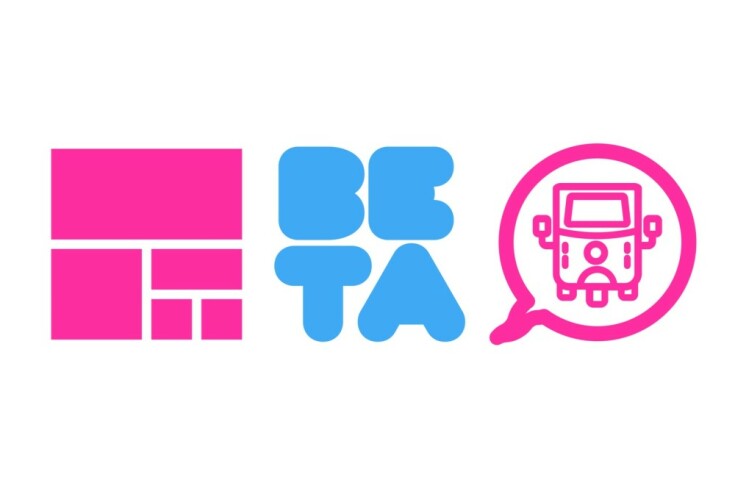MDIF’s Koreel Lahiri, Kevin Brockland and Tessa Piper presented and moderated sessions at the Splice Beta Online conference running throughout September. Splice is a hub for news, information and advice on digital media startups in Asia. Its Splice Beta Online conference provides a virtual space to share best practice and learning.
Koreel Lahiri, Program Director for South Asia: Media is a business, and just like any business there are certain truths you need to know as a manager
If you’ve found your way into entrepreneurship, it doesn’t matter if you’re a creative person or a journalist — you still need to figure out how to run the business efficiently. In this session, Koreel Lahiri, our Program Director for South Asia, showed that media businesses are no different from other companies and share the same fundamental principles: product, finance, positioning, audience, distribution and raising funds. Koreel talked about the why, what, who, where, when and how of running the media business smoothly and traits needed for successful leadership, offering a collection of 150+ questions to help guide founders through the process of starting up a media venture.
“Passion about why are you doing this, who you are serving, what you are building, should be reflected in everything, in your product, in your communications, in your marketing, in your sales pitches, in your investment pitches, in your town halls with your employees. That passion is something you need to communicate,” said Koreel.
Takeaways according to Splice:
- Although they come with their own subtleties, when it comes to media, the broad fundamentals of business remain the same.
- There is a set of learned interpersonal skills that can help entrepreneurs successfully answer the aforementioned questions.
- After critically examining their broader goals, founders should develop an actionable plan that will lead to measurable and successful outcomes.
Kevin Brockland, Principal Investment Officer: Preparing for funding: How to plan for an ask before you need it
Funding is hard. There’s a lot to plan ahead for if you’re going down that road. This session by Kevin was all about preparing for funding and the necessary milestones towards achieving a successful fundraise. Based on his experience of working with different media companies, he outlined several areas that media entrepreneurs and business owners need to put attention on when preparing for an ask. Kevin talked about how to identify and build partnerships with funders for your media start-up, emphasising that it’s important to start early, even before you need the cash.
“It’s not just about the money. This is your business, your passion. You’re looking for a partner,” pointed out Kevin.
Takeaways according to Splice:
- Start early with fundraising, as it may be more difficult and take longer than you think.
- Make an investor pipeline consisting of three key segments: screen, connect, pitch.
- While seeking connections to investors, create a “forwardable email” so it’s easier for your network to send introductions
- Know your market, your critical KPIs, and prepare a monthly cash flow statement. Also know your cash needs.
Tessa Piper, Program Director for Southeast Asia: A lack of business expertise can restrict the impact of independent media. We want to change that.
A lack of business expertise can and hamper the growth and restrict the impact of independent media. We at MDIF, want to change that. In this session, Tessa Piper, our South East Asia Program Director, together with Gabriel Sugrahetty, Ex-Publishing Director at Tempo, Indonesia, and MDIF Senior Business Advisor, described MDIF’s Southeast Asia Technical Assistance Initiative focused on business skills development. The Initiative, which has been running as a pilot for the past year, matches media participants with regional business coaches, tailor-made for each media in order to increase their long-term financial sustainability. Now, the Initiative is seeking five independent media in the region committed to public interest journalism and wanting to develop their business skills to join it.
“We see across the region a lot of small media that are really doing excellent editorial work but which often are lacking in the kind of business expertise and experience that they need in order to grow. Therefore, they are limited by their size in terms of the impact that they can have,” explained Tessa.
Takeaways according to Splice:
- The participating criteria to join the Southeast Asia Technical Assistance Initiative (SEATAI) can be found here and the online application portal can be accessed here. Keep in mind the key dates at the end of the article.
- Building trust between the coach and the media is critical but is usually a process of trial and error, but the success of coaching boils down to a proactive mindset from both sides.
All sessions of Splice Beta are live, online and recorded here.
